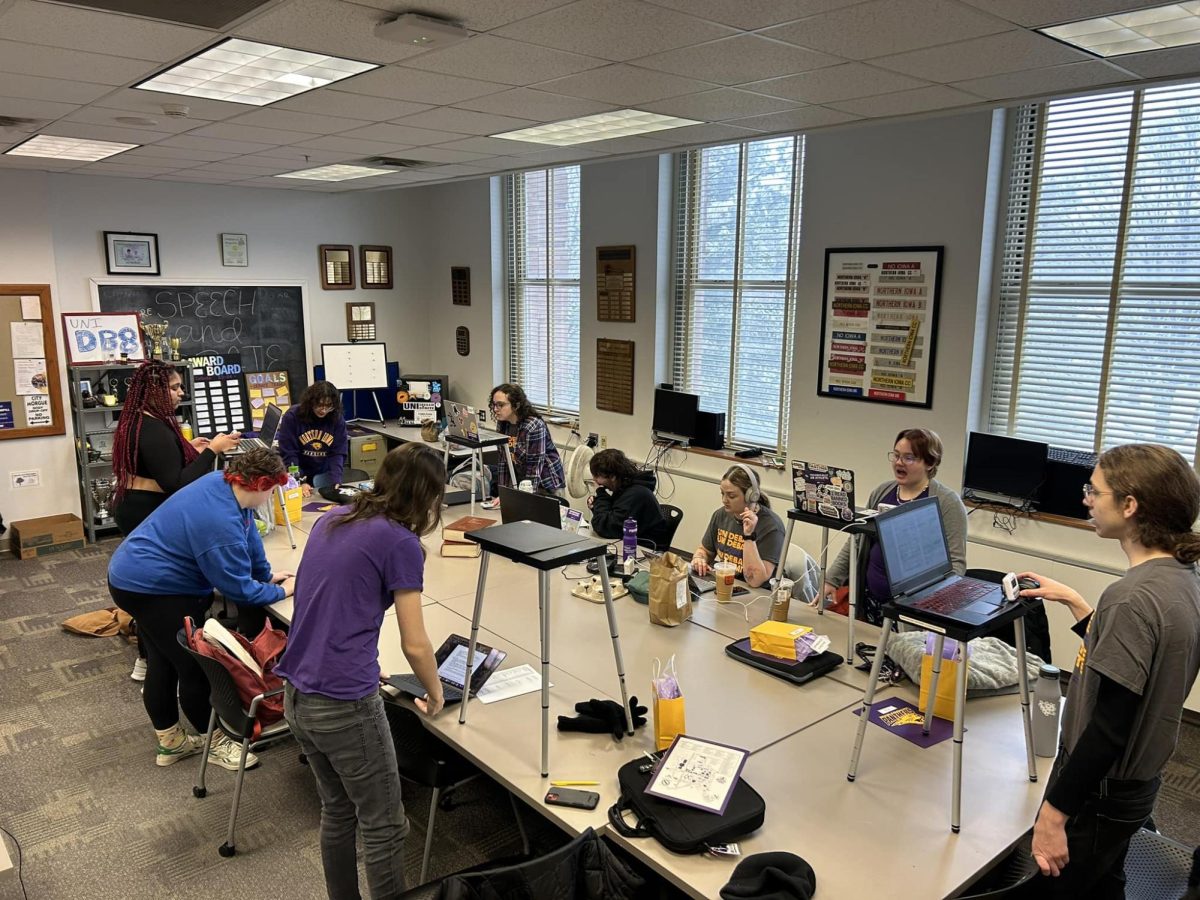I have encountered a troll. No, not a hairy beast that lives under a bridge, but a creature that lurks in the murky corners of Internet forums, feeding off of the emotional distress of others.
Trolls have inundated the web world, posting deliberately provocative message(s) to a newsgroup or message board with the intention of causing maximum disruption and argument, according to Urban Dictionary.
The troll that follows me enjoys smearing vitriol on message boards below my postings. While the attacks are unnerving, I can usually brush off the scathing messages as a side effect of placing myself and my opinions in the public sphere. Sometimes, reading the trolls comments can set my teeth on edge.
But do you want to know what really sickens me? For many youths, being bullied on the Internet and at school happens daily. According to bullyingstatistics.org, over half of adolescents and teens have been bullied online (and) more than one in three young people have experienced cyberthreats.
Two weeks ago, another student took his life after being bullied relentlessly for being gay. The Iowa teen was harassed through cellphone calls, voicemails and online comments, according to Foxnews.com.
According to the article, the teens mother told reporters, I just hope that (the bullies) see what they took from us and I really hope that it touches their hearts for them to never, ever want to bully somebody again.
Most of the time, adults are unaware of the emotional trauma their kids are undergoing, as well over half of young people do not tell their parents when cyber bullying occurs (bullyingstatistics.org). And, most of the time, parents do not want to admit that their child could be the bully.
What can we, college students, do about bullying? I think we can do a lot, actually. If the kids arent talking, we need to start asking.
If you have younger siblings or cousins, ask them about school and find out if they are being bullied. Tell them that even if they are angry at someone, it is never okay to attack that person. Sometimes, these kids will be more willing to talk to and listen to you than to their parents and teachers.
If you are a parent or will be a parent, make sure you start the conversation. Teach your kids that it is never okay to use technology to harm others. Create an environment where your children feel safe coming to you to express their problems.
Future teachers, anticipate bullying and look for warning signs. Keep parents and administrators informed and make sure your students know that they can talk to you.
Each of us can stop the bashing by starting the conversation.






